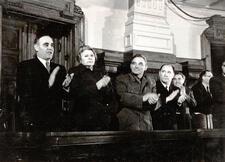Jewish History
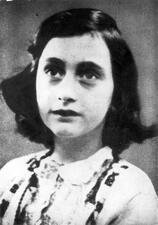
Modern Netherlands
Like Jewish women everywhere, Dutch Jewish women struggled with issues of assimilation, emancipation, and equality as both Jews and women. This article summarizes the conditions and challenges facing Jewish women in the Netherlands and the paths to progress and change they sought—education, work, activism, and literature, among others—from the nineteenth century to the present, including after the particular decimation of Dutch Jewry during the Holocaust.
Nelly Neumann
Nelly Neumann completed her doctorate in synthetic geometry in 1909 at Breslau University, making her one of the first women in Germany to obtain such a degree. In her lifetime she provided career guidance to female university students and worked as a secondary school teacher, tackling the intersection of philosophy and mathematics.
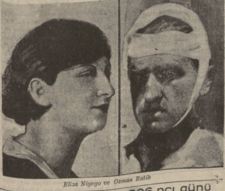
Elza Niego
In 1927, Elza Niego, a young Jewish woman was stabbed to death by an older Turkish man whose romantic advances she had repeatedly refused. Her murder sparked an intense emotional reaction from Jews, which the Turkish press found unacceptable, leading to antisemitic publications and outbursts, including the arrest of nine Jewish leaders.

Vered Nissim
Multi-disciplinary artist, curator, and art consultant Vered Nissim was born in Israel to Iraqi immigrant parents. She identifies as a Mizrahi feminist; her art revolves around her gender, ethnic, and class identities, and she aims to give voice to marginalized women in Israeli society.
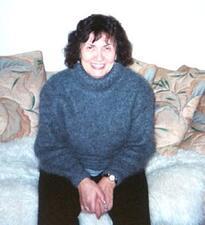
Galina Nizhnikov Veremkroit
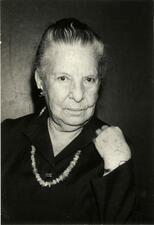
Miriam Novitch
Miriam Novitch was a member of the French Resistance during World War II and, after, an advocate for education on the Jewish resistance and the experiences of Holocaust survivors. She was one of the founders of the Itzhak Katzenelson Holocaust and Jewish Resistance Heritage Museum (also known as the Ghetto Fighter’s House, or GFH) and served as the curator for its art collection for many years.
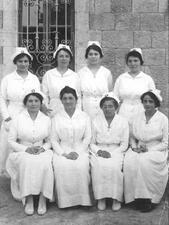
Nursing as a Female Profession in Palestine (1918-1948)
Nursing was a well-respected profession for Jewish women in Palestine, until doctors and nurses clashed about the proper level of education for nurses in the 1930s. Despite the challenges women faced in the medical field, they contributed greatly during times of war and violence before the founding of Israel.
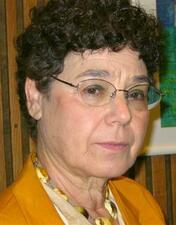
Dalia Ofer
Dalia Ofer is an Israeli historian whose work mainly focuses on women’s experiences in the Holocaust and collective memory of the Holocaust in Israeli society. Ofer has published a multitude of books and articles on these topics during her career, and she has held positions at many prestigious universities around the world including the Hebrew University of Jerusalem, Harvard, Yale, and Columbia.
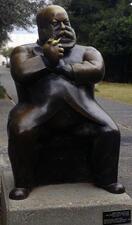
Chana Orloff
Sculptor Chana Orloff was a part of the avant-garde circle of Montparnasse, the international movement of artists in Paris. After immigrating to Paris from Palestine in 1910, Orloff became the unofficial portraitist of the Parisian elite, creating over three hundred portraits. Orloff’s sculpture figures are now in collections throughout Israel, Europe, and the United States.
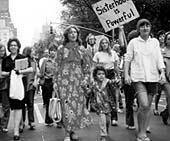
Trudy Orris
Rabbi Ben-Zion Meir Hai Ouziel
Rabbi Ben-Zion Hai Ouziel was the Sephardic chief rabbi of Israel. Ouziel believed women could vote and be elected, serve as judges, use birth control for health reasons, and inherit property. He proposed a marriage formula that would prevent women from becoming agunot (“chained”).
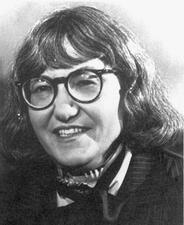
Cynthia Ozick
Cynthia Ozick is a Jewish-American writer, novelist, essayist, and playwright. Her creative, authentic, and intelligent stories, including “The Shawl” (1989) and “The Puttermesser Papers” (1997), have made her one of the greatest fiction writers and literary critics alive.
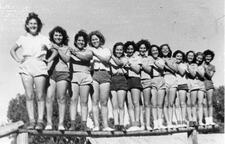
Palmah
The Palmah was the elite fighting brigades of the underground paramilitary force Haganah, active between 1941 and Israel’s founding in 1948. Women were active in the Palmah, but were they considered equal to men?
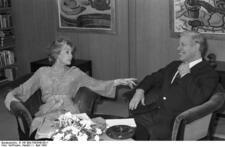
Lilli Palmer
After fleeing Nazi Germany, Lilli Palmer pursued her acting career in Paris, London, Hollywood, and New York. In the 1950s, she returned to Germany, becoming celebrated once again in her home country. Palmer was not only a prominent actor in numerous successful plays, films and television programs, but also a painter and an author of both fiction and non-fiction.
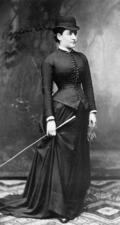
Bertha Pappenheim
Bertha Pappenheim was the founder of the Jewish feminist movement in Germany. In 1904, she founded the League of Jewish Women. Pappenheim believed that male-led Jewish social service societies underestimated the value of women’s work and insisted on a woman’s movement that was equal to and entirely independent of men’s organizations.
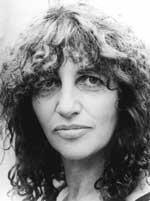
Ruth Peggy Sophie Parnass
Born in Germany, Ruth Peggy Sophie Parnass was sent to Sweden to escape the Nazis. Parnass became a journalist, actress, court reporter, feminist activist, and writer. Parnass combines her private and public lives in her writing, whether on her childhood under Nazi rule in Hamburg and as an exile in Sweden, on women's issues, or on political matters.
![Swiss identity card of translator, journalist, and author Juliette Pary (pen name of Juliette [Gourfinkel] Pougatch), 1944.](/sites/default/files/styles/gallery_item/public/mediaobjects/ch-bar_e4264_1985-196_10835_5_1.jpg?itok=7ZMC46d1)
Juliette Pary
Born in Odessa, Juliette Pary moved to Paris in 1925 and became a respected translator, journalist, and author. She also played important roles in summer camps, youth hostels, and the development of modern educational practices. During World War II she worked closely with child refugees.
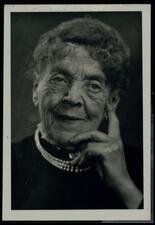
Erna Patak
Erna (Ernestine) Patak was a social worker and one of the Zionist veterans in Vienna in the early twentieth century, serving as the first president of WIZO Austria in the early 1920s. After surviving Theresienstadt, she returned to Vienna and later moved to London and finally to Tel Aviv.
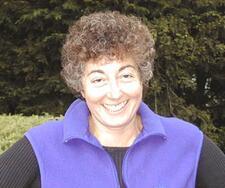
Marilyn Paul
Peace Movement in the United States
Throughout the twentieth century, Jewish women played a major role in American peace organizations and movements. Jewish women have also been in prominent roles advocating for peace between Israel and Palestine, both in the Knesset and with private organizations.
Peace Movements in Israel
Rivkah Perelis
Rivkah Perelis was a Polish-born historian whose research focused on the Holocaust and the Zionist youth movement during the Nazi occupation of Poland.
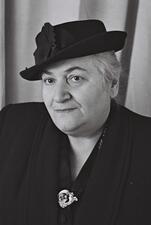
Shoshana Persitz
Born in Russia to wealthy parents, Shoshana Persitz was a passionate Zionist and a leader in education reform. She operated a Hebrew-language publishing house in Russia before making Aliyah to Israel, where she continued in publishing and served three terms in the Knesset.
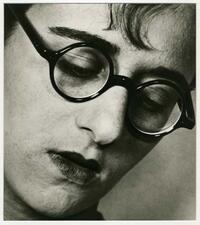
Photography in Palestine and Israel: 1900-Present Day
Although women photographers long struggled for recognition and appreciation in Palestine and Israel, in recent years awareness of their roles and contributions to photograph has increased. The activity of women photographers who focus on gender issues has increased dramatically, while female curators and academics are gaining new perspectives on Jewish female photographers, re-evaluating their role in the development of photography in Israel.

